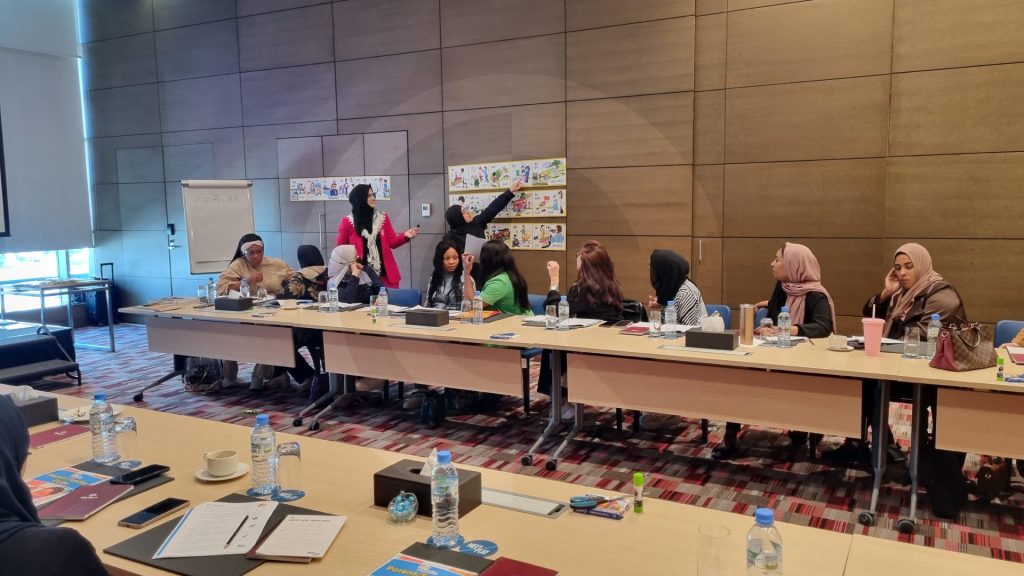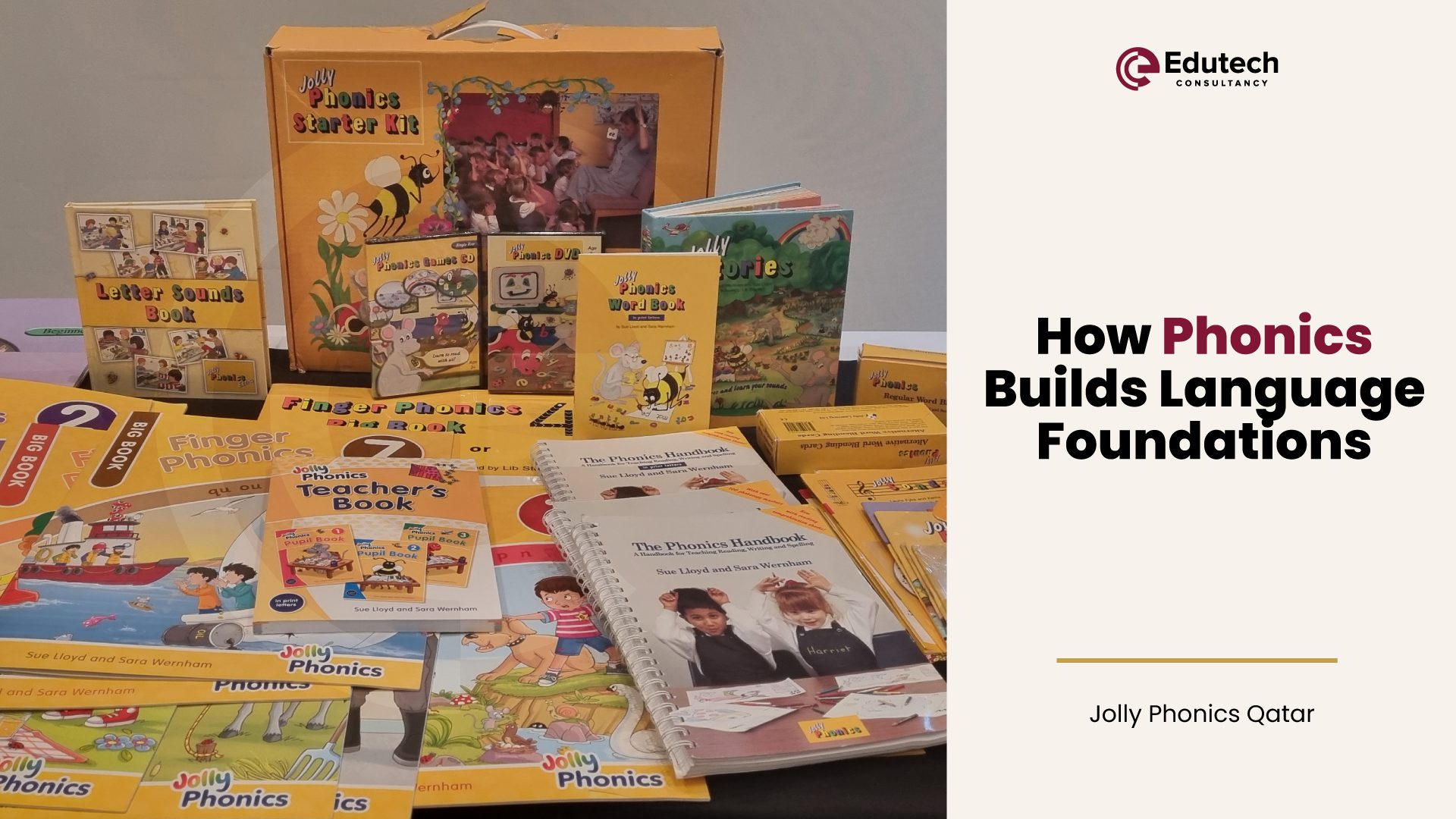Introduction
In Qatar’s rapidly evolving educational landscape, establishing a solid foundation in language skills is paramount for young learners. Phonics instruction, which emphasises the relationship between sounds and their corresponding letters, has emerged as a pivotal method in fostering early literacy. As Qatar continues to prioritise educational excellence, understanding the role of phonics in language development becomes essential for educators, parents, and policymakers alike.
The Importance of Phonics in Early Literacy
Phonics is a method of teaching reading and writing by developing learners’ ability to hear, identify, and manipulate phonemes, the smallest units of sound. By connecting these sounds to their corresponding letters or letter combinations (graphemes), children learn to decode words, enhancing their reading fluency and comprehension. Research indicates that systematic phonics instruction can lead to significant improvements in reading skills, particularly for early learners.
Phonics Education in Qatar: Current Trends
In recent years, Qatar has witnessed a growing emphasis on phonics-based instruction within its educational institutions. Programs like Jolly Phonics have gained popularity, offering structured and engaging approaches to teaching phonics. Workshops and training sessions for educators are regularly conducted, ensuring that teaching methodologies align with best practices. Additionally, resources tailored to the Qatari context, such as the “Qatar Beginning Sounds Clip Card Activity”, provide culturally relevant materials to support phonics learning.

Benefits of Phonics Instruction for Young Learners
- Enhanced Reading Skills: Phonics instruction enables children to decode new words independently, fostering confidence and a love for reading.
- Improved Spelling and Writing: Understanding sound-letter relationships aids in accurate spelling and the development of writing skills.
- Better Pronunciation: By focusing on individual sounds, learners can improve their pronunciation, which is particularly beneficial in a multilingual environment like Qatar.
- Support for ESL Students: Phonics provides a structured approach that can be especially helpful for students learning English as a second language, a common scenario in Qatar’s diverse classrooms.
Implementing Effective Phonics Programs
For phonics instruction to be effective, it should be systematic, explicit, and engaging. Educators are encouraged to integrate phonics into daily lessons, using a variety of resources such as interactive apps, storybooks, and games. Parental involvement is also crucial; activities like reading aloud and practising phonics games at home can reinforce classroom learning.
Challenges and Considerations
While phonics offers numerous benefits, its implementation in Qatar faces certain challenges:
- Diverse Student Population: With students from various linguistic backgrounds, tailoring phonics instruction to meet diverse needs requires careful planning.
- Resource Availability: Ensuring access to quality phonics materials and trained educators across all schools remains a priority. Doha Montessori provides these tools in Doha Qatar.
- Balancing Curriculum: Integrating phonics without overshadowing other essential components of language learning, such as vocabulary development and comprehension, is vital.
Conclusion
Phonics instruction plays a critical role in building strong language foundations for young learners in Qatar. By equipping students with the tools to decode and understand language, phonics not only enhances reading and writing skills but also fosters confidence and a lifelong love for learning. As Qatar continues to invest in educational excellence, embracing and effectively implementing phonics programs will be instrumental in shaping the nation’s future generations.
For more information on phonics programs and resources in Qatar, visit Edutech Consultancy.


